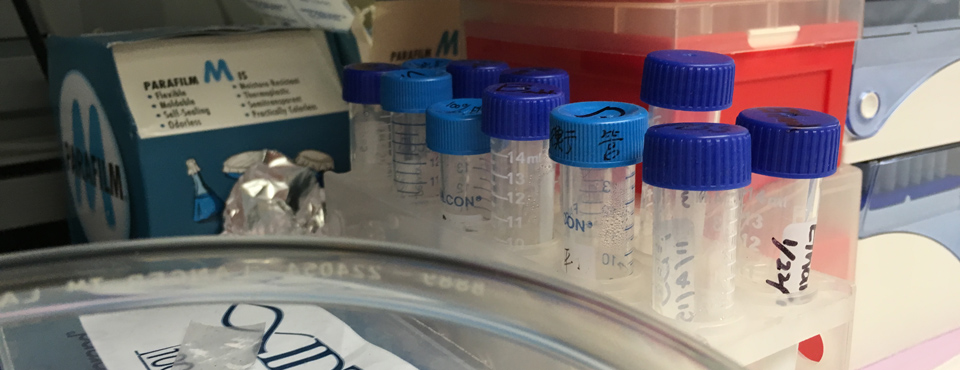Ensuring your dog or cat stays in top condition, lab tests for pets makes a big difference. Labs specializing in pet care detect hidden conditions for household pets.
In the following discussion, we’ll dive into the value of routine pet exams and explain their importance.
Understanding Veterinary Labs for Pets
Pet testing facilities conduct a range of tests to provide valuable data. These labs rely on specialized equipment to ensure accurate results.

Primary functions of veterinary labs include:
- Detecting hidden diseases: Allows for faster treatment.
- Regular health assessments: Keeps you informed about your pet’s progress.
- Confirming treatments are effective: Boosts recovery rates.
Common Veterinary Tests for Dogs and Cats
Diagnostic centers for pets conduct various tests to ensure pets are thriving. Frequently performed tests include:
- Blood panels: Monitor immune health.
- Urine diagnostics: Check for diabetes.
- Digestive system diagnostics: Evaluate digestive health.
- Allergen identification: Diagnose environmental or food allergies.
- Advanced imaging scans: Detect internal injuries.
laboratório veterinário popularlaboratório veterinário popular
The Benefits of Regular Veterinary Testing
Routine lab work provides peace of mind. With early warning signs identified, vets can create effective treatment plans.

The value of regular diagnostics include:
- Enhanced quality of life: Ensuring effective care helps pets remain active and happy.
- Preventative savings: Minimizing long-term expenses saves on costly treatments.
- Peace of mind for pet owners: Take action when needed.
laboratorio veterinario abc
Why Testing is Key for Dogs and Cats
Pet diagnostic labs are essential for modern pet care in maintaining their quality of life. With ongoing lab evaluations, you ensure they receive the care they need.
Don’t wait—take action now to give them the care they deserve!